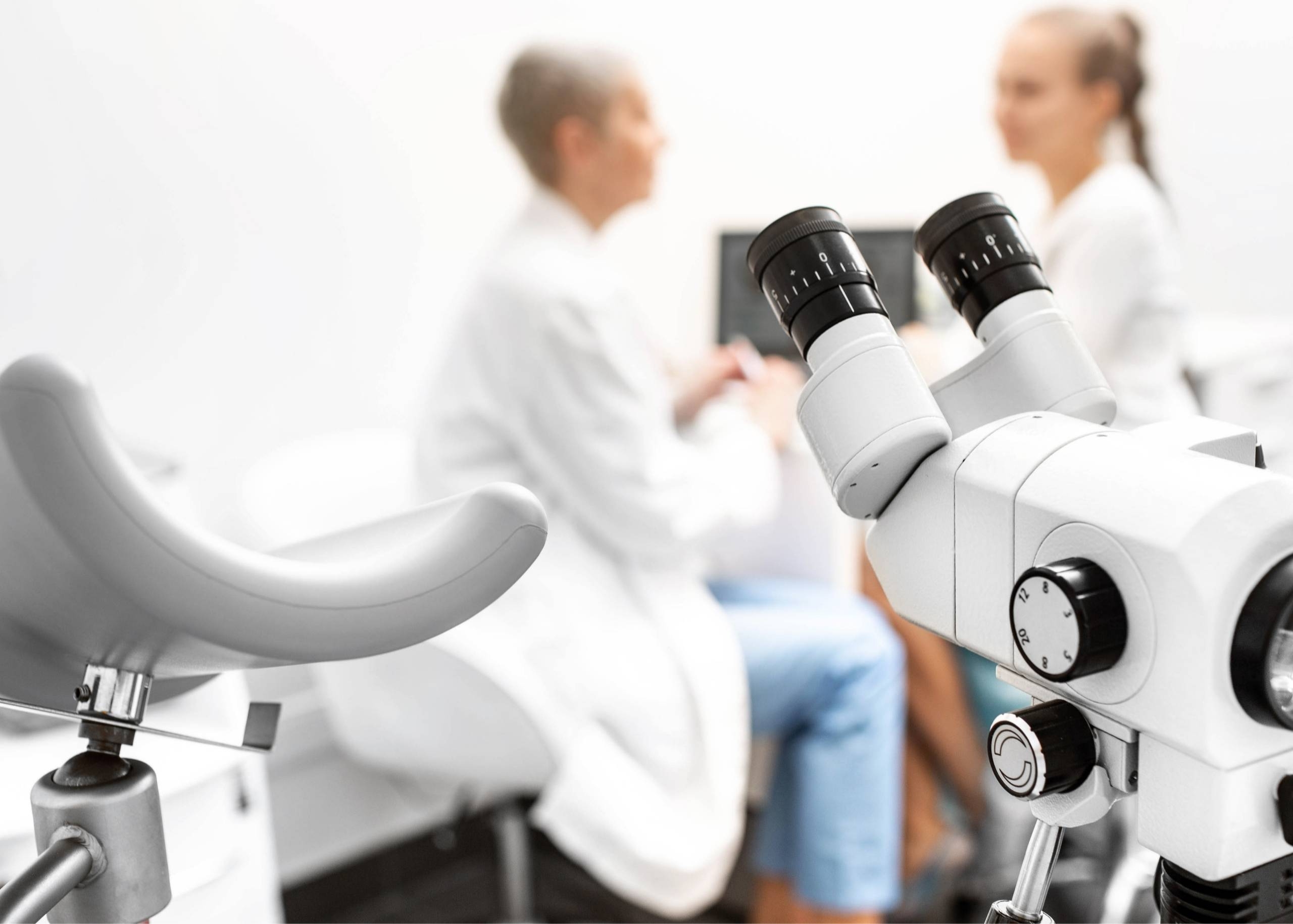What is a Colposcopy?
A Colposcopy is a pelvic exam performed by an Obstetrician and Gynecologist. It is a type of exam used for diagnosing cervical cancer and certain other cancers of the reproductive system. Prior to a Colposcopy, a woman will typically schedule a routine PAP smear. The American College of Obstetricians and Gynecologists (ACOG) recommends that all women aged 21 years or older have regular Pap tests for cervical cancer screening. If abnormalities are found during this examination, the doctor may recommend that you return for a Colposcopy.
Why do I Need a Colposcopy?
There are several reasons why you may need a Colposcopy. One of them is if your Pap smear has shown abnormal cell growth or if the results are inconclusive. It is also possible that you need a Colposcopy because you have been experiencing symptoms such as unusual vaginal bleeding or discharge. A Colposcopy can help us better understand what might be causing your symptoms to give you the appropriate treatment.
How is it Performed?
Colposcopy is performed in the Gynecologist Clinic. The patient lies down on an examination table, and the doctor applies a special solution to the vagina. The solution allows the provider to see areas of tissue that are abnormal or unhealthy. The speculum holds the vaginal walls apart. The speculum holds the vaginal walls apart so that the doctor can easily see the inside of the vagina and cervix. A small, handheld microscope called a Colposcope is placed outside the body near the vaginal opening and magnifies the area to be seen more clearly. You will be awake during the procedure, and it generally takes less than 15 minutes and is often painless, although some women may experience slight discomfort or cramping during the procedure.
What are the Risks of a Colposcopy?
There are no significant risks associated with a Colposcopy. The solution used during the procedure may cause some mild burning or stinging as it touches your skin. This will only last a few seconds and then disappear as the solution dries. You may experience mild cramping during the procedure, but this should also go away quickly.
How Accurate is a Colposcopy?
A Colposcopy is more accurate than a Pap smear in diagnosing the cause of abnormal cells or detecting signs of cancer. The procedure has a high sensitivity rate, meaning that most people who have abnormalities will test positive for them during the procedure. Colposcopies are used to diagnose cervical cancer, but they can also be used to detect other conditions or infections such as:
- Vulvovaginitis
- Cervical intraepithelial neoplasia (abnormal cells on the surface of the cervix)
- Cervicitis (inflammation of the cervix)
- Human papillomavirus (HPV)
- Genital warts
- Vaginal cancer
In conclusion, Colposcopies are a valuable diagnostic tool. Through this procedure, Gynecologists can detect and diagnose cervical cancer and other abnormalities at the cellular level. Although Colposcopy still requires a cervical biopsy for a more definite diagnosis, it is a significant first step in managing Gynecologic disorders.









